Progress and Challenges of Testing the Effectiveness of Stream Restoration in the Pacific Northwest Using Intensively Monitored Watersheds
Title: Progress and Challenges of Testing the Effectiveness of Stream Restoration in the Pacific Northwest Using Intensively Monitored Watersheds
Category: Technical Report
File: Bennett-e-al_2016_0224_Progress-and-Challenges-of-Testing.pdf
Updated Date: 24.03.2017
Author(s)/Source(s): Stephen Bennett, George Pess, Nicolaas Bouwes, Phil Roni, Robert E. Bilby, Sean Gallagher, Jim Ruzycki, Thomas Buehrens, Kirk Krueger, William Ehinger, Joseph Anderson, Chris Jordan, Brett Bowersox, Correigh Greene
Publication Date: 2016-Jan-28
Focal Topic: Habitat Restoration, Monitoring Programs, Adaptive Management
Location: United States
Across the Pacific Northwest, at least 17 intensively monitored watershed projects have been implemented to test the effectiveness of a broad range of stream restoration actions for increasing the freshwater production of salmon and steelhead and to better understand fish–habitat relationships. We assess the scope and status of these projects and report on challenges implementing them. We suggest that all intensively monitored watersheds should contain key elements based on sound experimental design concepts and be implemented within an adaptive management framework to maximize learning. The most significant challenges reported by groups were (1) improving coordination between funders, restoration groups, and researchers so that restoration and monitoring actions occur based on the project design and (2) maintaining consistent funding to conduct annual monitoring and evaluation of data. However, we conclude that despite these challenges, the intensively monitored watershed approach is the most reliable means of assessing the efficacy of watershed scale restoration.
Keyword Tags:restoration, monitoring, intensively monitored watershed (IMW), data management, knowledge transfer, Adaptive management framework
